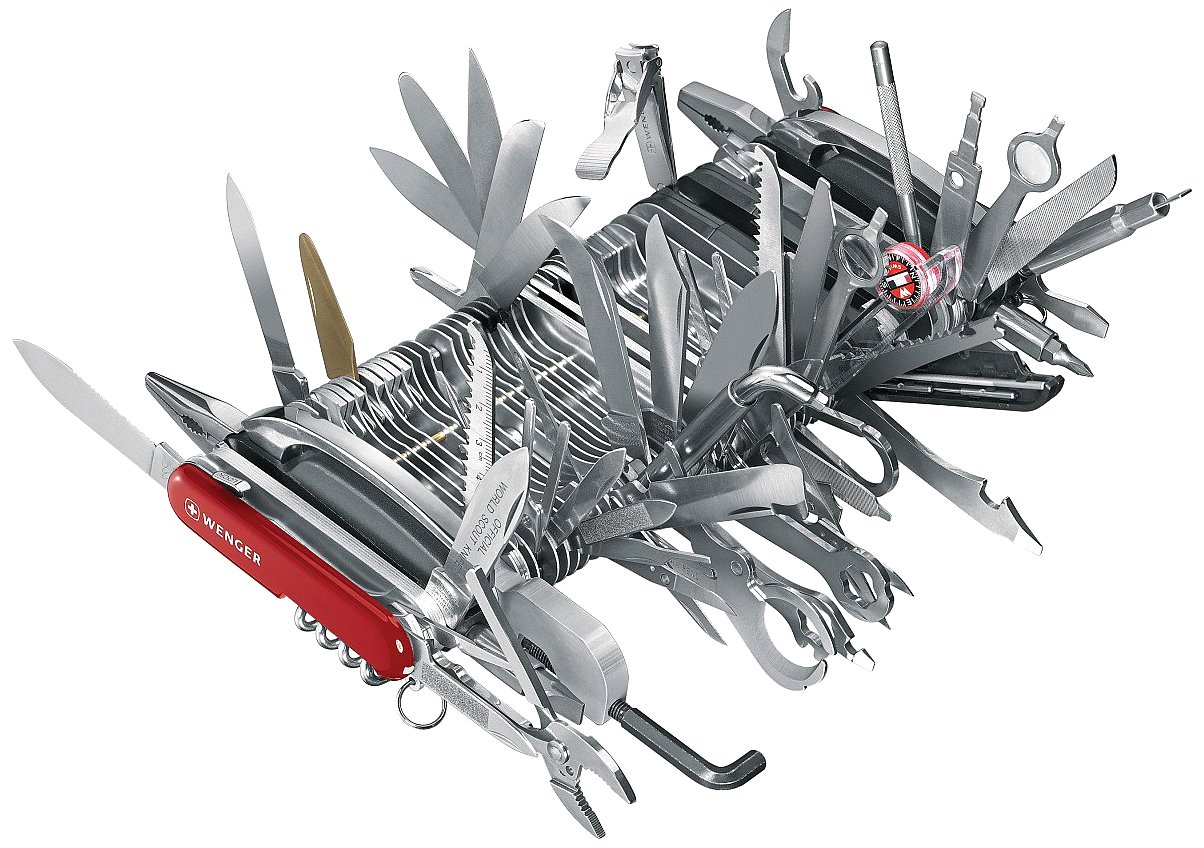Configuring OpenLDAP, or what the @#$% !!!
OpenLDAP 2.3 (released in 2005) introduced a new way for configuring the slapd daemon. The traditional method was a configuration file (/etc/ldap/slapd.conf on Debian) that could simply be edited with a text editor. The new way follows the Eat your own dog food maxim: The configuration is stored in a set of LDIF files (stored under /etc/ldap/slapd.d in Debian) which cannot be edited directly with a text editor. Instead, all changes must be done via LDAP operations. Funny enough: In order to configure the daemon, the daemon must already be running.
slapd-config, as the new configuration method is called, may be a technically cool feature, but from a casual sysadmin's point of view it is nothing but a major pain in the butt! So you want to quickly change slapd's log level to diagnose some authentication problem? OK, first check the documentation to see where the log level option is located in the configuration schema, and how its attribute is called. Then query the running daemon to look at the current value(s). Then write an .ldif file that contains the change. Then issue a complicated ldapmodify command that requires more cryptic options than tar and cpio combined. Of course the .ldif file contains an error, so diagnose & repeat. After maybe 20 minutes the job is done. Phew, only 20 minutes to change the daemon log level, I am such an LDAP wizard!
Actually when I did this just now it took me more like an hour because I am so not used to the procedure (another explanation might be that I'm just stupid, but hey, I think that's not it). Since I don't want to repeat the experience, I have started to write up some recipes on my wiki. Here's the link in case you are interested.


 .
.